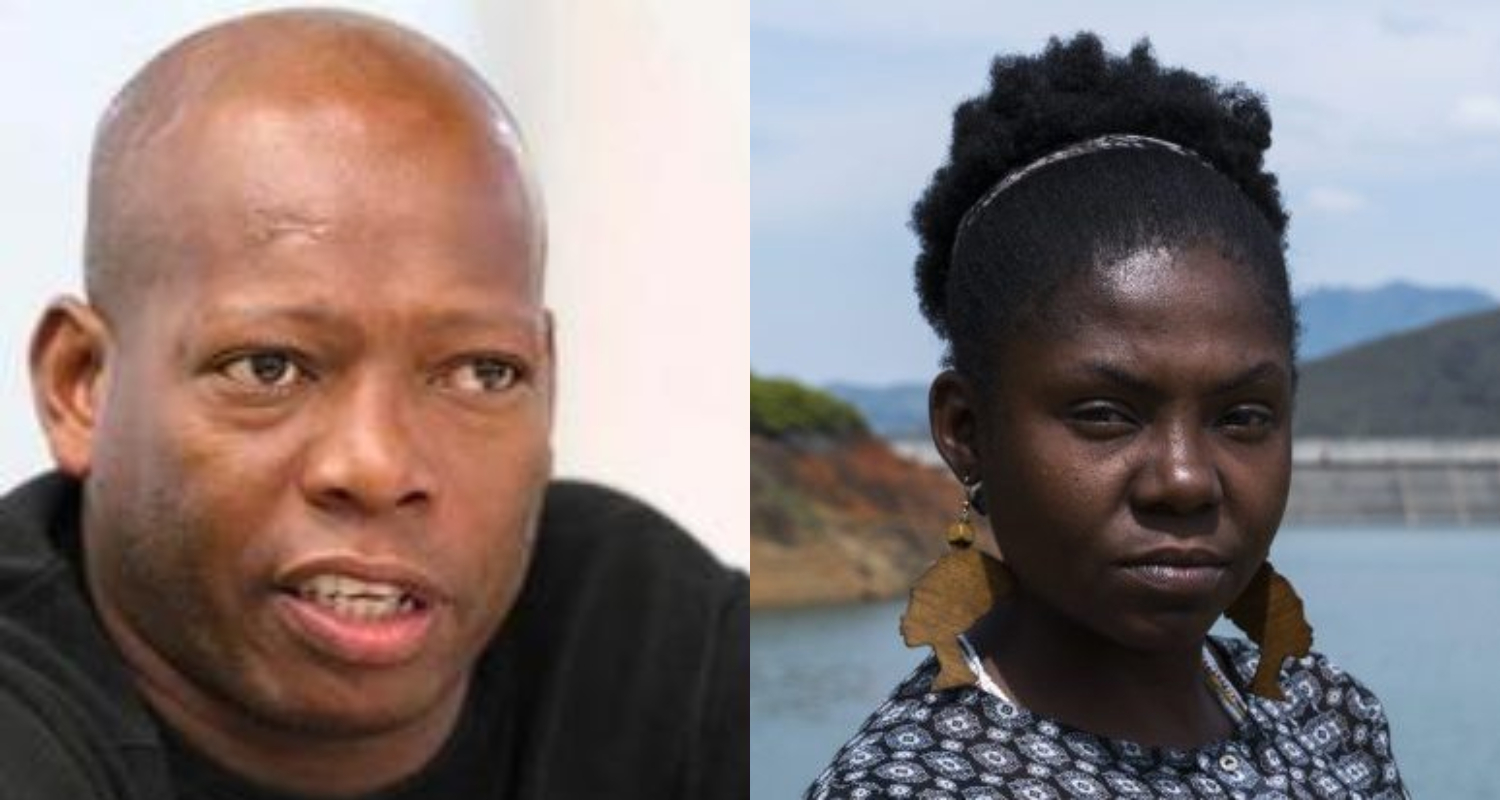Afro-Venezuelan Day ratifies the struggle against racial discrimination

Written by Nohemí Trejo on May 10, 2022
Afro-Venezuelan Day is celebrated in the country every May 10 since 2005, as a tribute to the fight against slavery that our African brothers heroically waged during Spanish colonization.
The origin of this date dates back to 2004, when Commander Hugo Chávez created the Presidential Commission against Racial Discrimination.
However, it was in 2005 when activists for the recognition of African culture and history in Venezuela proposed May 10 as Afro-Venezuelan Day, on the occasion of the 221-year anniversary of the African slave rebellion led by José Leonardo Chirino, from the state of Falcón.
The bill to establish this event was promoted by Nicolás Maduro, when he presided over the National Assembly.
During Commander Hugo Chávez's rule, the National Council for the Development of Afro-descendant Communities (Consejo Nacional para el Desarrollo de las Comunidades Afrodescendientes; CONADECAFRO) was also installed; the Law against Racial Discrimination (2011) was also enacted and the Institute against Racial Discrimination (Instituto contra la Discriminación Racial; INCODIR) was created.
Commander Chávez's rule dignified and shed light on Afro-Venezuelans, strengthening ties between "Mother" Africa and Latin America, which President Nicolás Maduro preserves and strengthens.
José Leonardo Chirino's legacy
In 1795, José Leonardo Chirino, along with a group of slaves, seized the Macanilla plantation followed by El Socorro, in Curimagua, in the province of Coro, as an act of rebellion against the colonizers who subjected them to physical abuse and treated them like merchandise.
Chirino's idea of equality, emancipation and fraternity was inspired by the French Revolution and paved the way for pre-independence feats, such as the movement of Manuel Gual and José María España.
Chirino's indomitable spirit led to his arrest and sentence to the gallows on December 10, 1796, in Caracas.
In tune with the Afro-Venezuelan Day, the Bolivarian Government, through the Ministry of People's Power for Foreign Relations, will develop the XVII World Africa Week under the slogan "Venezuela and Africa consolidate the people's diplomacy."
The programming will take place from May 23 to 29 and includes exhibitions on heroines and heroes, numismatics and cultural expressions of this continent.
Afro-Venezuelan Day ratifies the struggle against racial discrimination

Written by Nohemí Trejo on May 10, 2022
Afro-Venezuelan Day is celebrated in the country every May 10 since 2005, as a tribute to the fight against slavery that our African brothers heroically waged during Spanish colonization.
The origin of this date dates back to 2004, when Commander Hugo Chávez created the Presidential Commission against Racial Discrimination.
However, it was in 2005 when activists for the recognition of African culture and history in Venezuela proposed May 10 as Afro-Venezuelan Day, on the occasion of the 221-year anniversary of the African slave rebellion led by José Leonardo Chirino, from the state of Falcón.
The bill to establish this event was promoted by Nicolás Maduro, when he presided over the National Assembly.
During Commander Hugo Chávez's rule, the National Council for the Development of Afro-descendant Communities (Consejo Nacional para el Desarrollo de las Comunidades Afrodescendientes; CONADECAFRO) was also installed; the Law against Racial Discrimination (2011) was also enacted and the Institute against Racial Discrimination (Instituto contra la Discriminación Racial; INCODIR) was created.
Commander Chávez's rule dignified and shed light on Afro-Venezuelans, strengthening ties between "Mother" Africa and Latin America, which President Nicolás Maduro preserves and strengthens.
José Leonardo Chirino's legacy
In 1795, José Leonardo Chirino, along with a group of slaves, seized the Macanilla plantation followed by El Socorro, in Curimagua, in the province of Coro, as an act of rebellion against the colonizers who subjected them to physical abuse and treated them like merchandise.
Chirino's idea of equality, emancipation and fraternity was inspired by the French Revolution and paved the way for pre-independence feats, such as the movement of Manuel Gual and José María España.
Chirino's indomitable spirit led to his arrest and sentence to the gallows on December 10, 1796, in Caracas.
In tune with the Afro-Venezuelan Day, the Bolivarian Government, through the Ministry of People's Power for Foreign Relations, will develop the XVII World Africa Week under the slogan "Venezuela and Africa consolidate the people's diplomacy."
The programming will take place from May 23 to 29 and includes exhibitions on heroines and heroes, numismatics and cultural expressions of this continent.
Afro-Venezuelan Day ratifies the struggle against racial discrimination
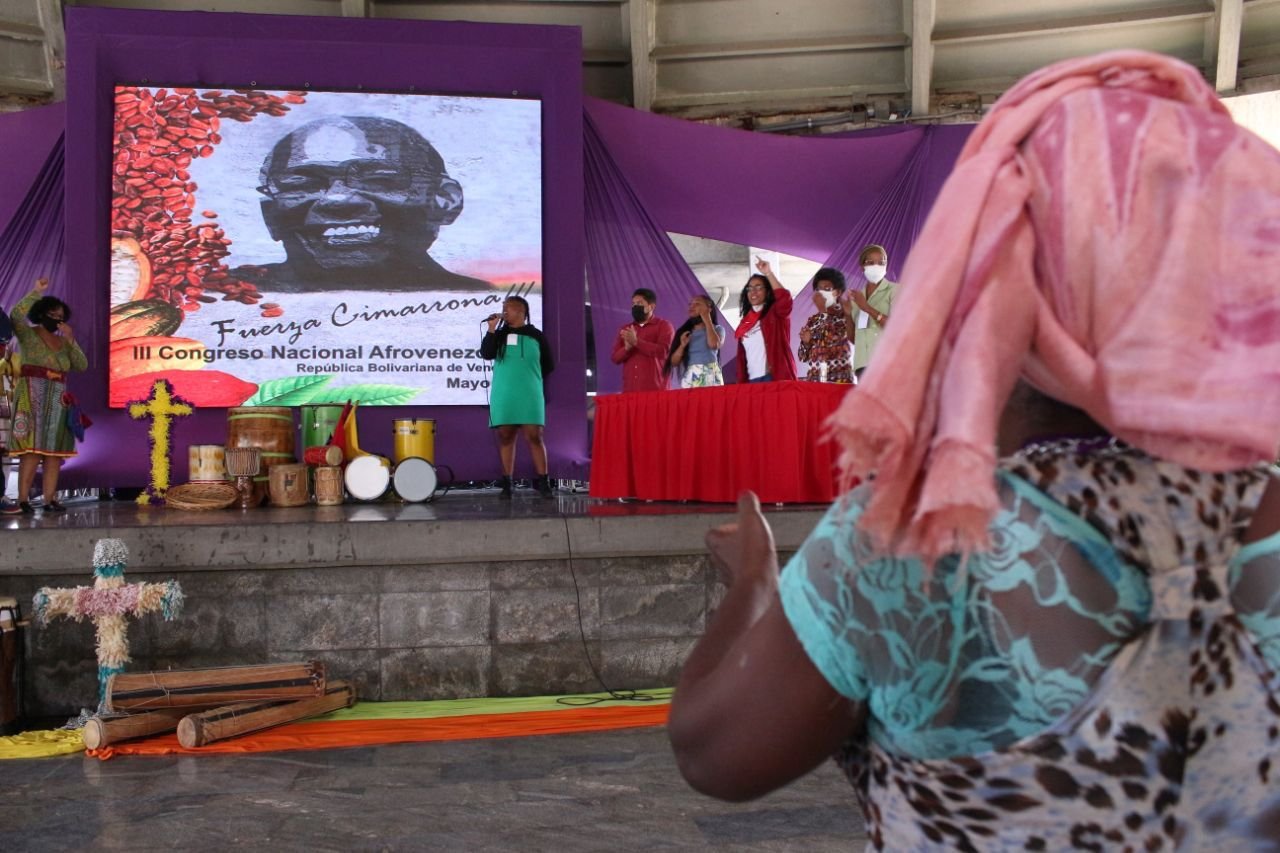
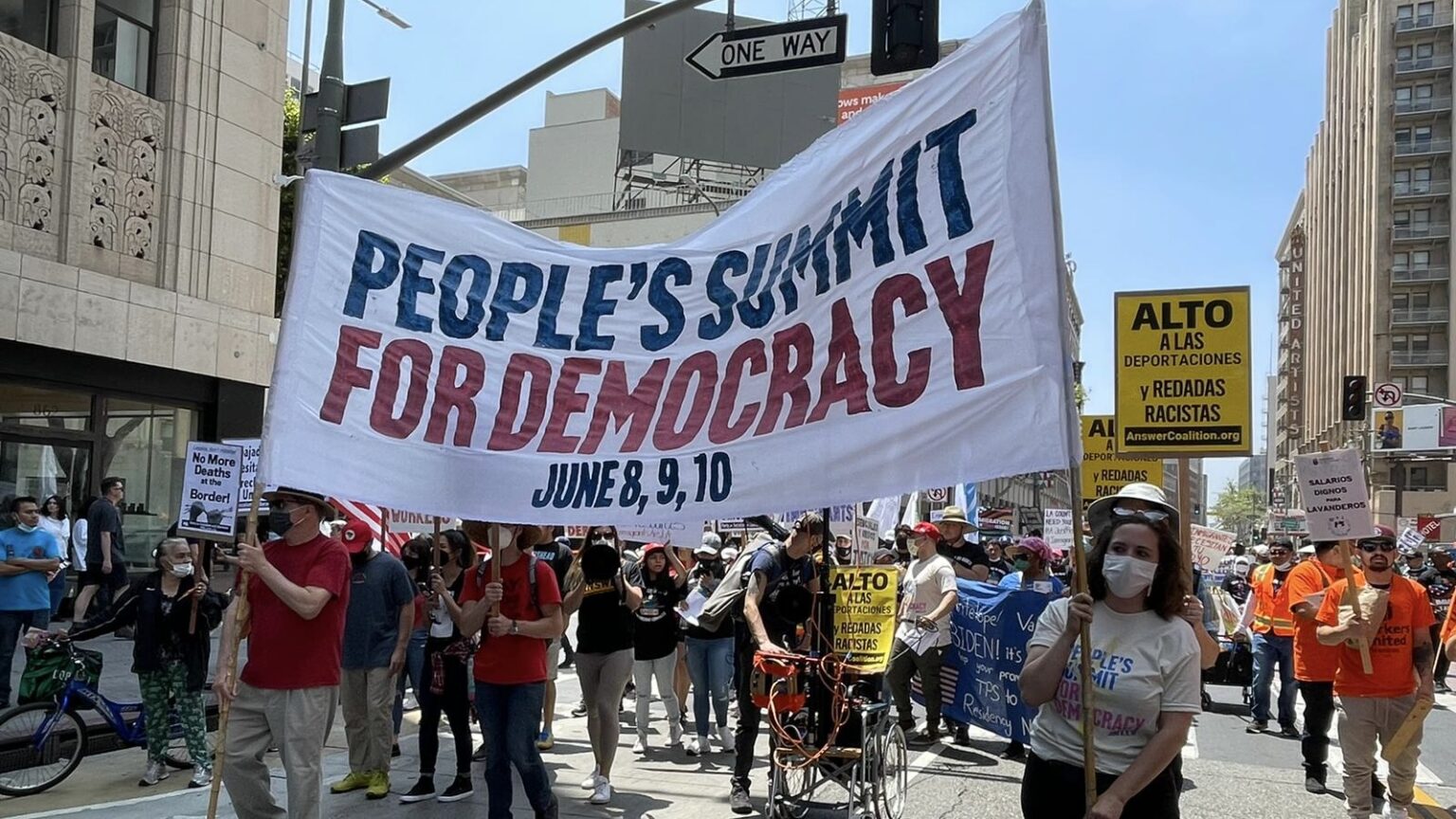



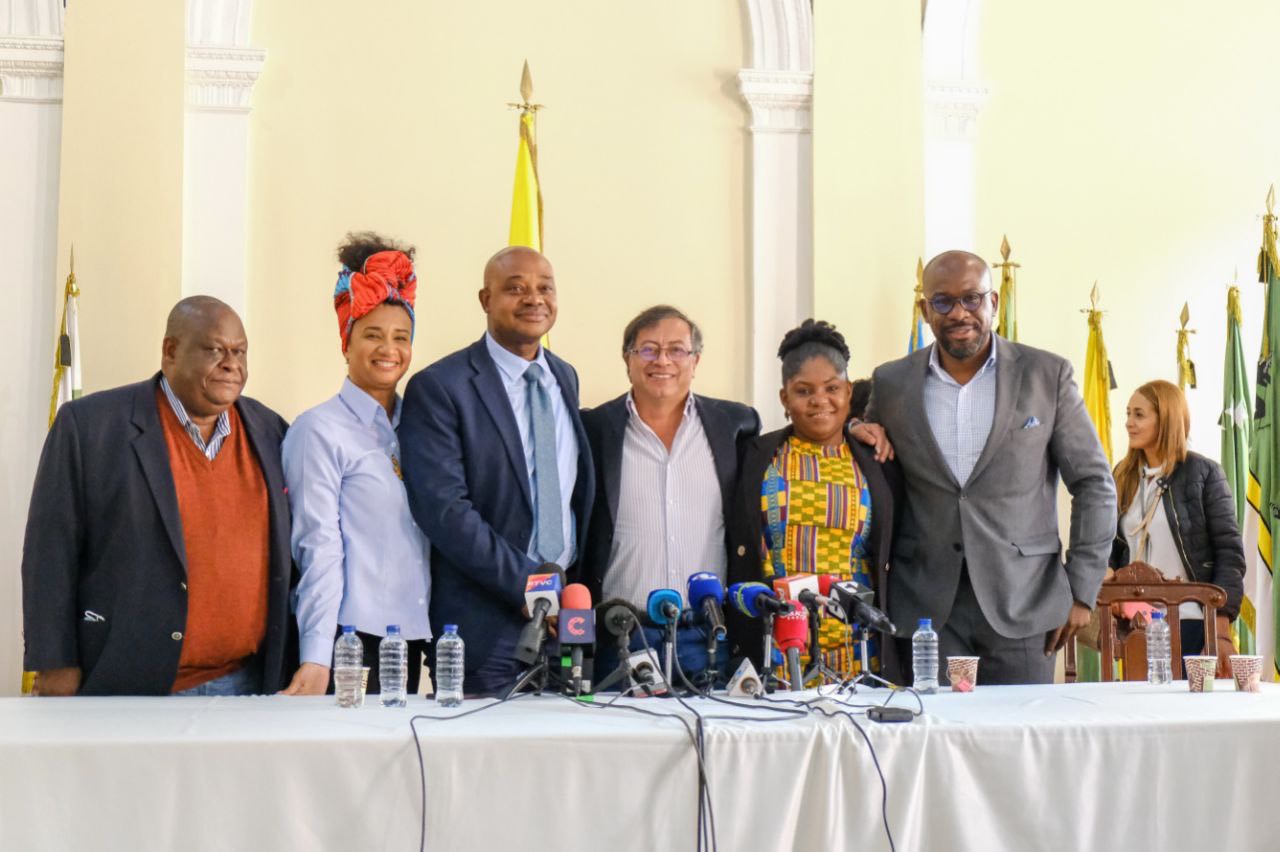
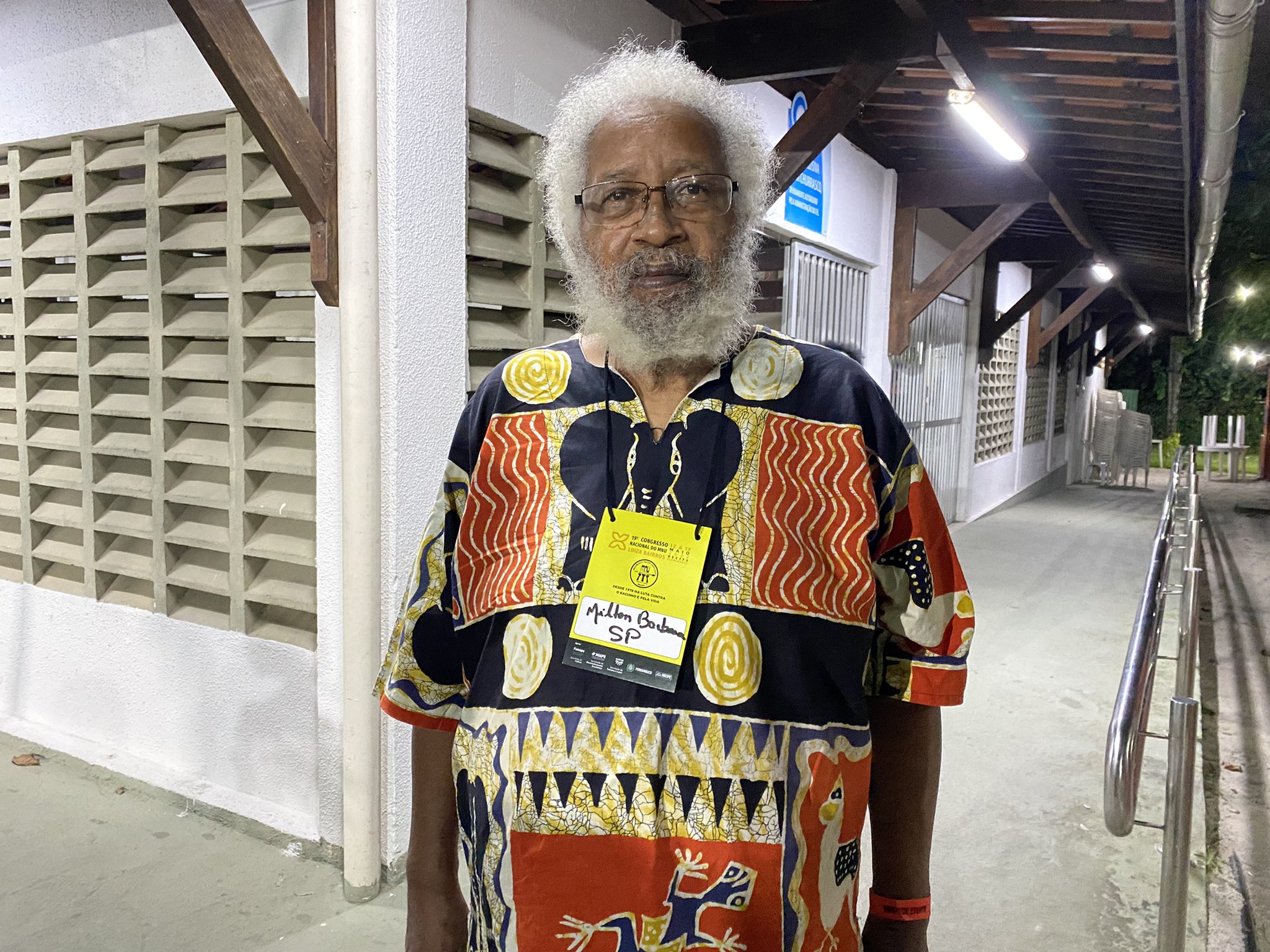

:quality(75)/s3.amazonaws.com/arc-authors/elcomercio/08d69ea9-9cfc-452a-b8a1-6e72b8311798.png)





